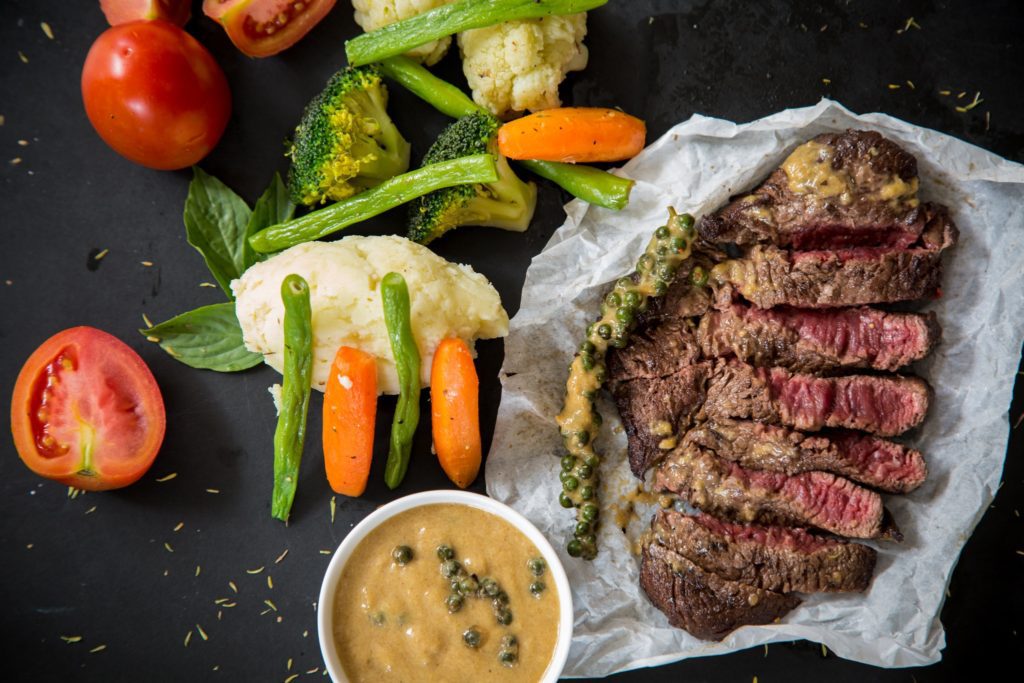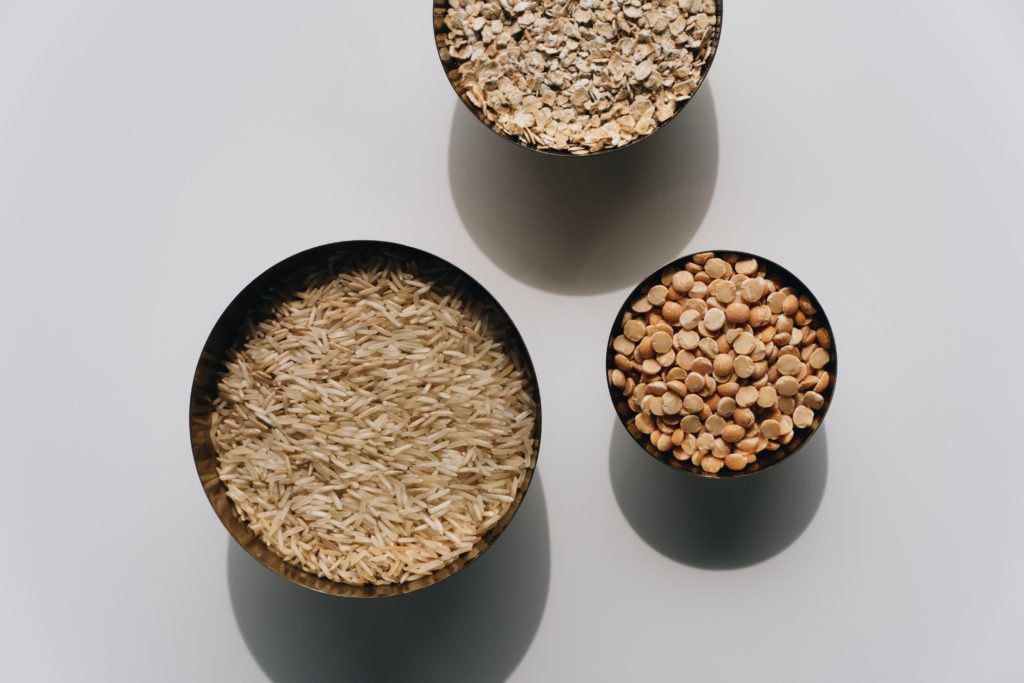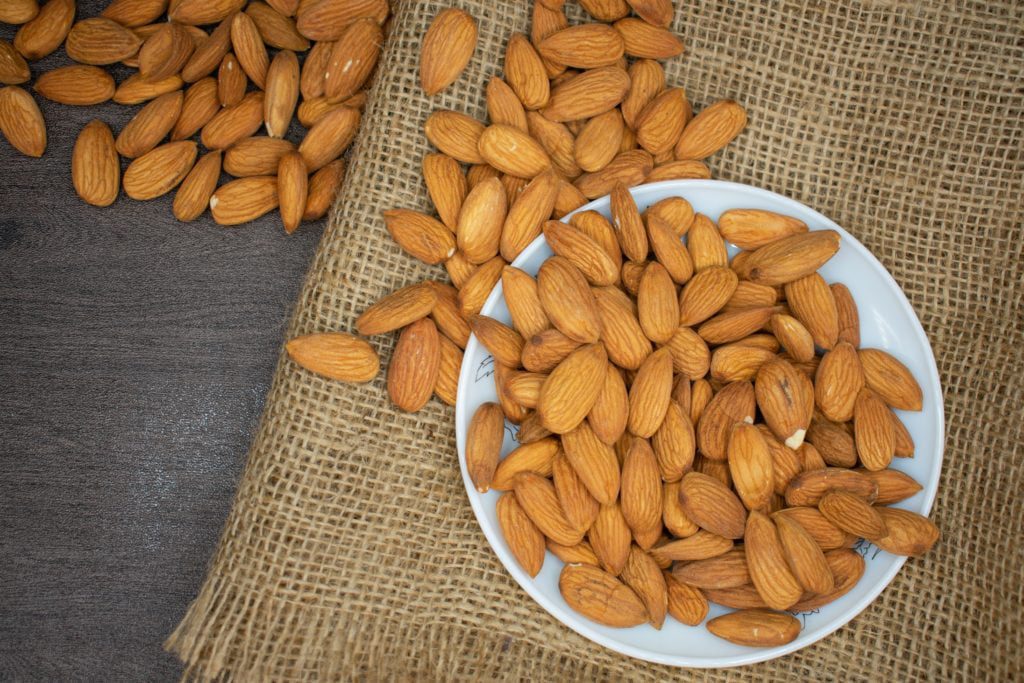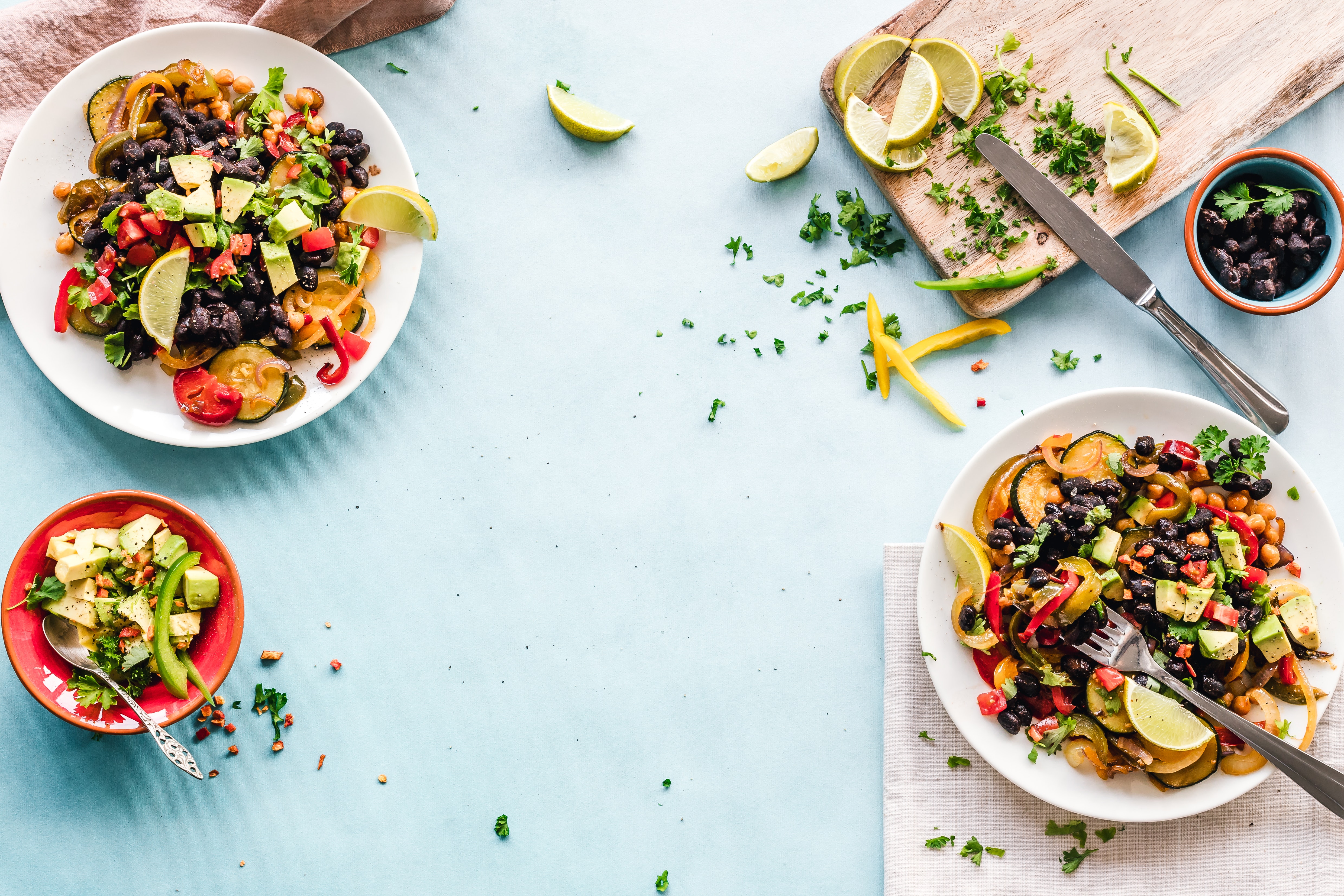What are macronutrients and why are they so important? Sounds like a very intimidating word to use, especially if you don’t know what it means. Personally I had a really hard time understanding each component and how they are each very important to maintain a healthy lifestyle.
Macronutrients consist of 3 very important components: proteins, fats, and carbohydrates (carbs). These 3 components are needed in large amounts to maintain and support the body’s structure and systems.
Learning about macronutrients can be very overwhelming at first, but the long term benefits are worth it.

Definition of Macronutrients
According to the Merriam-Webster dictionary macronutrients is defined as “ a chemical element or substance (such as potassium or protein) that is essential in relatively large amounts to the growth and health of a living organism”.
Macronutrients consist of 3 very important components: proteins, fats, and carbohydrates (carbs). These 3 components are needed in large amounts to maintain and support the body’s structure and systems.
Why large amounts you might ask. Take a looks at the word itself “macronutrients”, it’s prefix is “macro” which means large. Hence how proteins, fats, and carbohydrates are needed in large amounts.
The 3 Macronutrients
What are these 3 main components that support and maintain our body’s structures and systems. How much of each is needed to keep a health diet? All great questions.
Protein
- Think STRUCTURE
- These are the building blocks in your cell membranes that help structure your internal organs, muscle,hair, skin, bones, nails, tendons, ligaments, and blood plasma.
- Proteins are also essential in metabolic, hormonal and enzyme systems. They help keep your bodies acid-base balance in equilibrium.
- Daily allowance is 0.8 grams per kilograms of body weight per day.
- Very important to keep in mind that everyone’s daily allowance will vary depending on age, sex, activity levels, health goals and medical conditions. Always consult with your primary care provider first.
Carbohydrates (Carbs)
- Think FUEL.
- This is your body’s main energy source. Carbs provide your body with glucose which is then converted into energy to fuel your brain, physical activity and other bodily functions.
- Daily allowance is 45-65% of calories per day.
- There are bad carbs and healthy carbs. Try to consume more whole grains, fruits, vegetables, and less highly processed food like white bread, pastries, and sodas.
Fats
- Think INSULATION
- Fats provide support, insulation, and protection for all vital organs.
- Fats are also used to transport and absorb vitamins.
- Daily allowance is recommended to be about 20-35% of your total daily calories and less than 10% of your total daily calories from saturated fats.
- Saturated fats are your common deep fried food, red meats, cheese and animal fats like butter and lard.
Where To Get Macronutrients From
Macronutrients come from many different types of food. Here’s a list of a few great macronutrient sources.
Good Sources of Protein

Animals proteins:
- Red meat
- Chicken
- Milk
- Greek yogurt
- Fish
- Cheese
Plant based proteins:
- Pinto beans
- Chickpeas
- Tofu
- Broccoli
- Peanut butter or any nut butter
- Lentils
- Tempeh
- Edamame
- Sweet potatoes
- And the list goes on!
Good Sources of Carbs

Carbohydrates are the fuel that is needed to fulfill all of our bodily functions. Don’t shy away from carbs, remember there are both good and bad carbs.
Good Carbs:
- Whole grain bread
- Fruits
- Vegetables
- Brown rice
Bad Carbs:
- White bread
- White flour
- White pasta
- White rice
- Cake
- Cookies

Personally, I like to always make sure my plate is filled with different vegetables. The more colors on your plate the better. Not only does it look physically appealing, but it’s also high in fiber and energy.
Good Sources of Fats
Know your fats! Try to stay away from saturated and trans fats. When eaten in large amounts they will lead to heart disease, diabetes, and obesity. Saturated fats are soil in room temperatures and come from animal products. For example: butter, cheese, whole milk, and cream. Trans fats are your common frying oils and shortenings. Monounsaturated and polyunsaturated fats are the two fats you want in your diet. These both come from plants and are liquid at room temperatures.

Healthy fats:
- Olive oil
- Canola oil
- Avocados
- Flaxseed oil
- Walnuts
- Peanuts
- Fish







